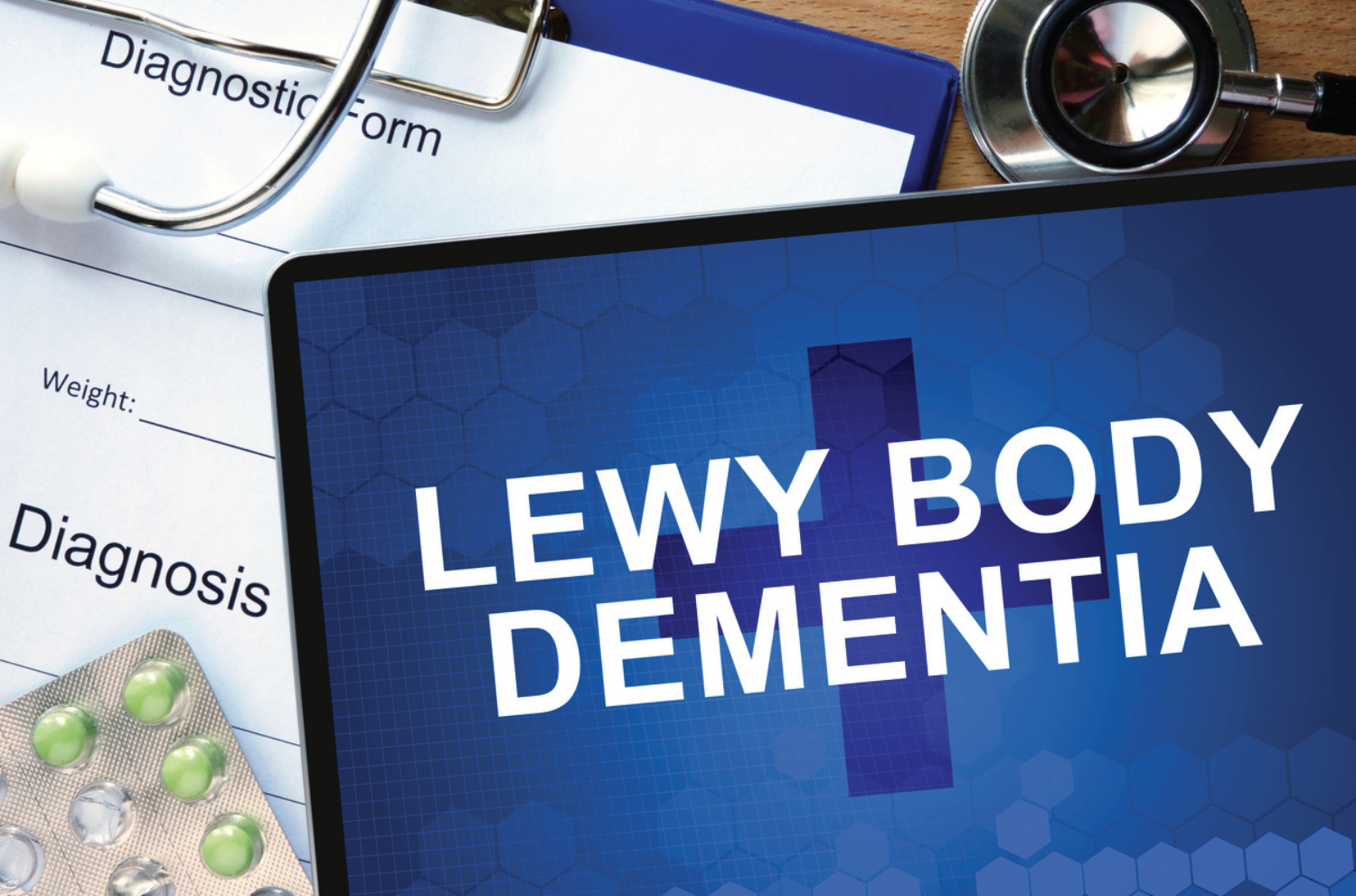Novel Genetic Therapeutic Strategies for Lewy Body Dementia
Keywords:
Lewy Body Dementia, alpha-synuclein, Parkinson’s disease, Alzheimer's Disease, neurodegenerative disorders, acetylcholine pathways, dopamine pathwaysAbstract
Lewy Body Dementia (LBD) is a neurodegenerative disorder in which the brain has abundant misfolded alpha-synuclein proteins. While LBD has similar symptoms to other degenerative neurological disorders, such as Alzheimer’s disease (AD) and Parkinson’s disease (PD), they are not the same medical diagnosis. LBD is characterized by all the motor deficit symptoms of Parkinson's disease (PD), but the opposite cannot be said, as PD is more complex and has more underlying symptoms. Clinical trials and in vivo experiments have shown that specific genes related to these misfolded proteins are potentially good genetic treatment and therapeutic targets. This review article seeks to provide an overview of the current state of novel therapeutic, genetic strategies to reduce the effects of Lewy Body Dementia.
Downloads






